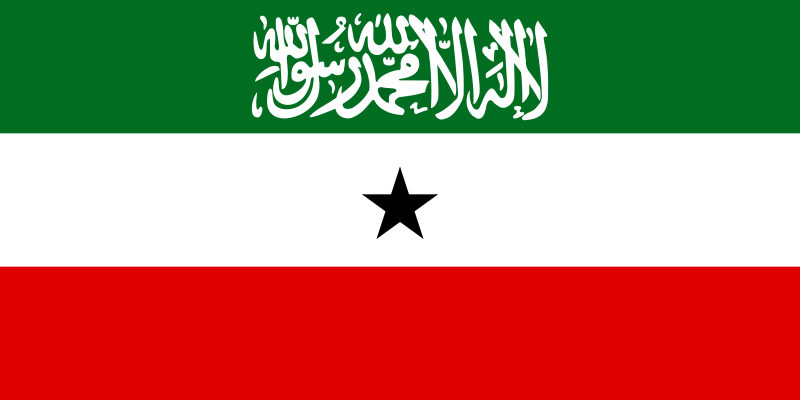Somaliland’s story is one of remarkable recovery—it’s the only truly democratic nation in the Horn of Africa, functioning as a sovereign state in every meaningful sense. Unlike Somalia, which is infamous for warlords, piracy, and terrorism, Somaliland has managed to avoid these issues entirely. Yet, paradoxically, it remains unrecognised internationally, while Somalia, a country with ongoing instability, is recognised. This contrast is what drives the question to the forefront.
There are two main paths for a country to gain recognition after declaring independence, whether through secession or state continuity:
- Western Support or
- Geopolitics.
Why Western support? Historically, the West has been instrumental in recognising new nations, especially during the post-WWII era when it was actively decolonising and shaping the global order, even in complex cases like China. The five permanent members of the UN Security Council, primarily Western powers, have significant influence over who gains recognition as a country. Like the power of the veto, recognition has become a privilege largely controlled by those who shaped the post-WWII world order.
Palestine is a clear example. Although many countries in the Global South recognise Palestine, without Western endorsement, that recognition doesn’t carry the same weight.
For 34 years, Somaliland has pursued Western support, but this strategy has yet to yield results. We never imagined the world would overlook the genocide committed against the Isaaq clans.
Sadly, we see this pattern repeating in Gaza, despite widespread media coverage and global calls for the recognition of Palestine.
Western support no longer operates as it once did. It was effective for South Sudan, East Timor, and, to some extent Bosnia with Christian nations receiving more attention.
Now, Somaliland is focusing on recognition through geopolitics, and this approach has proven to be more promising.
Some Somaliland activists, including myself, believe there’s a third option: a legal case. However, realists argue that if the West truly supports Somaliland, these legal nuances—whether it's secession or state continuity—are just technicalities that can be manage.
Back in Somaliland, people are ready to live forever without international recognition. Not because it is not critical for a developing country that is mistaken for Somalia, but because they are resilient. That is why I believe it should be a global cause, and it is on us to keep pushing the world to recognise it.
If you believe with me, write to your MP today and tell them about Somaliland
